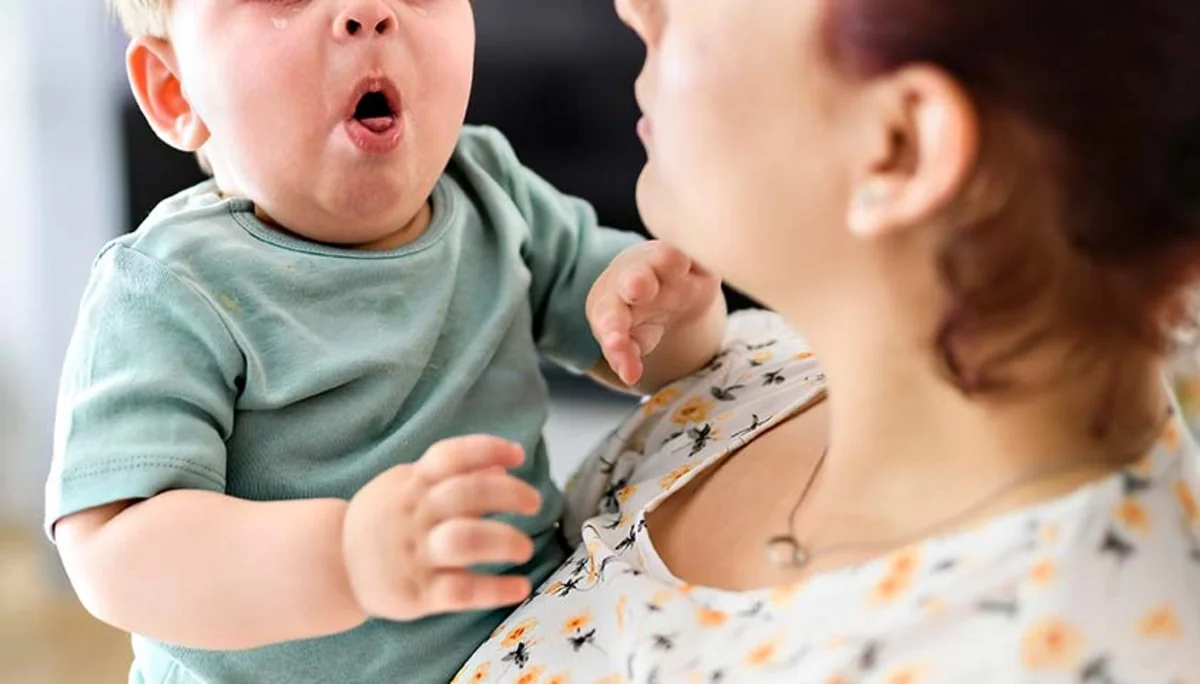New Zealand declares whooping cough epidemic
- 22 November, 2024
- 05:22

A whooping cough epidemic has been declared by health officials in New Zealand, with babies at highest risk of the potentially-deadly infection, Report informs via RNZ.
Health New Zealand said a nationally coordinated response was now in place following a meeting of health officials on Thursday.
In the past four weeks, there have been 263 cases of whooping cough (Pertussis) - the highest number of cases over a month to date for all of 2024, with previous spikes in May, June and July.
Director of Public Health Dr Nicholas Jones said a number of countries were reporting record levels of Pertussis, possibly due to lower infection rates during the Covid-19 pandemic.
As in previous epidemics, indigenous Māori people would be most affected, he said.
"Our main concern with this epidemic is the risk of severe illness among babies either too young to be immunised or whose immunisations are delayed. Our key objective is to protect pēpi through on time vaccination and immunisation during pregnancy.
"Even in countries with very high levels of immunisation, epidemics still occur every few years, but the numbers of babies who get very sick is much lower when mothers have been vaccinated during pregnancy, and when pēpi are vaccinated on time," Dr Jones said.
Whooping cough is particularly dangerous for newborn babies, and older adults, and in some cases it can be fatal.
Around 50 percent of infants who catch whooping cough before the age of 12 months need hospitalisation and one or two in 100 of those hospitalised infants die from the infection.
Whooping cough causes breathing difficulties and severe coughing fits. The cough can go on for weeks or months which is why it is sometimes called the "100-day cough".
